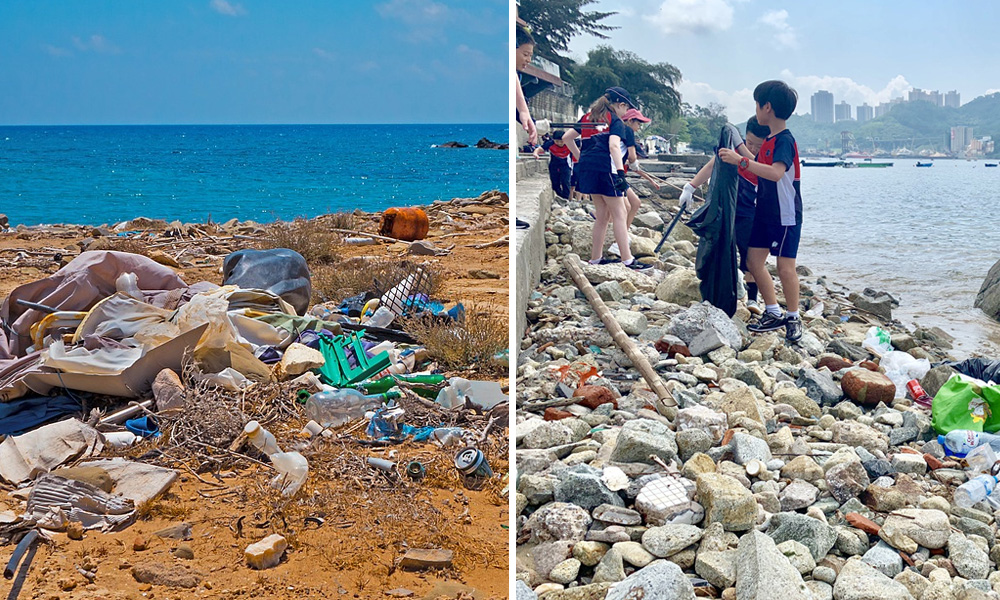
Image Credits: Pixabay, Tim Evans/Twitter (Representational Images)
In The Wake Of Coronavirus Outbreak, Discarded Face Masks Pile Up On Hong Kong's Beaches
13 March 2020 1:11 PM GMT
Editor : Navya Singh |
Navya writes and speaks about matters that often do not come out or doesn’t see daylight. Defense and economy of the country is of special interest to her and a lot of her content revolves around that.
By : Sumanti Sen
Sumanti Sen is an English Literature graduate who believes "there's just one kind of folks. Folks.".
Environmental groups are already worried about the flow of marine trash from mainland China and other places, which marine animals often mistake for food.
In the wake of the coronavirus outbreak, discarded face masks are piling up on Hong Kong's beaches and nature trails, posing a massive threat to marine life and wildlife habitats.
Coronavirus has infected 126 people in the city and killed three, and most of the people have now resorted to wearing single-use face masks every day to ward off the virus.
Environmental groups are already worried about the flow of marine trash from mainland China and other places, which marine animals often mistake for food, and now the concern has only increased due to the face masks that are not disposed of properly. This also raises concerns about the spread of germs.
"We only have had masks for the last six to eight weeks, in a massive volume ... we are now seeing the effect on the environment," India Today quoted Gary Stokes, founder of the environmental group Oceans Asia, as saying.
Talking about Hong Kong's isolated and uninhabited Soko islands, Stokes claimed that he initially found 70 discarded masks on 100m stretches of beach. When he returned after a week, he found 30 new ones.
Other beaches around the city tell a similar story, he said.
Floating like jellyfish and bobbing in the tide, these face masks washing ashore in #coronavirus-hit Hong Kong pose a risk to nature https://t.co/keM9XjMUgQ pic.twitter.com/pzYJFGGDIW
— Reuters (@Reuters) March 12, 2020
To tackle pollution, beach clean-ups are being organized by conservation groups.
"Nobody wants to go to the forest and find masks littered everywhere or used masks on the beaches. It is unhygienic and dangerous," said Laurence McCook, head of Oceans Conservation at the World Wildlife Fund in Hong Kong.
Tracey Read, founder of the group Plastic Free Seas in Hong Kong, claimed that the masks are made of a type of plastic called polypropylene, and are not going to break down quickly.
"People think they're protecting themselves but it's not just about protecting yourselves, you need to protect everybody and by not throwing away the mask properly, it's very selfish," she said.
 All section
All section














